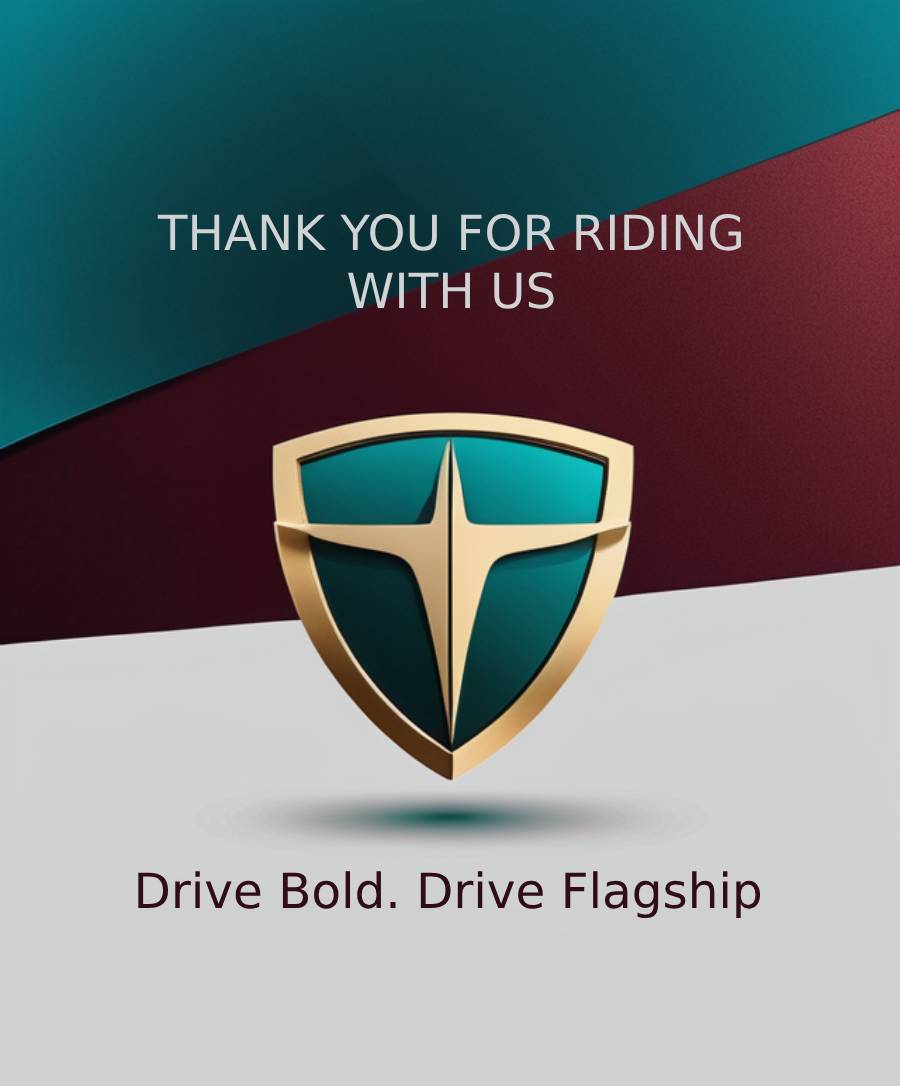Your cart is currently empty!

Streaming Vs Downloading: What Consumes More Data?
The choice between streaming and downloading can impact your online experience. Have you ever wondered what consumes more data between streaming and downloading? One crucial factor that often comes into play is data consumption. Which method – streaming vs downloading – is more data-friendly?
This article will cover the differences between streaming and downloading to better understand the data consumption dynamics of the two. We’ll explore the factors influencing data consumption, such as quality settings, file formats, and the impact of repeat consumption. Our goal is to help you balance streaming and downloading.
Streaming vs Downloading
Streaming gives you immediate access to music, videos, and more. You can access these services on Netflix, Spotify, and YouTube.
Streaming allows you to enjoy the media without downloading the file. As you stream, your device pulls in the data in real time. Streaming provides instant access to the content. Unlike downloading, streaming is quick and convenient. The downside is that this constant data flow can consume more data. It is more likely when you’re streaming high-quality video or audio.
Downloading takes a different approach. Instead of streaming content on the spot, you download the entire file to your device before hitting play. This way, you enjoy it without requiring continuous data flow. Downloading is ideal for users who have limited data plans. It’s also perfect for folks who want to enjoy their favorite media without worrying about constant streaming. However, downloading may use more data upfront, as you are fetching the complete file before playback.
Streaming vs. Downloading: A comparison of data consumption
Streaming consumes more data, especially if you’re into high-quality video or audio. Don’t get us wrong. Streaming is fantastic for immediate gratification. But streaming is not a data-friendly choice.
Downloading is more data-efficient in the long run. Once you download the file, it will remain on your device. You can access it without additional data consumption.
Does watching a streamed video consume less data than downloading the full video?
A Quora user named Arjun Sampath commented on whether Streaming is better than downloading.
“When you are streaming, data is consumed much more than when you download it. The main is the ads. To be connected to the server the whole time requires more data speed, resulting in high data consumption. I have experienced this so many times. For example, When I streamed an episode 45 minutes on Netflix with a resolution set to 480p, the data used was 370 MB, but when I downloaded the same episode with the same resolution, the data consumed was 252 MB. So, streaming consumed more data than downloading.”
On the other hand, Pat Roberts, another Quora said “Streaming uses more data than download, given both are the same bitrate and running time. With streaming, using HLS, which is the current streaming standard, the video is stored in many 3–5 second stand-alone video files, each with its own header and container metadata, then there’s a master XML file that tells the player where to get each piece. If you’re delivering different quality options, the master XML will have a catalog of all the different versions of the video available, and the player is expected to pick the best version of the next 3–5 second chunk to grab”
Pros and cons of Streaming and Downloading
Here’s a list of the pros and cons of both streaming and downloading:
Streaming
Pros:
- Instant Access
- Variety
- Convenience
- Real-Time Updates
Cons:
- Data Consumption
- Internet Dependency
- Limited Offline Access
- Potential Quality Issues
Downloading
Pros:
- Data Efficiency
- Offline Access
- Quality Control
- No Buffering
Cons:
- Upfront Data Usage
- Storage Space
- Organizational Effort
- Delayed Access
Tips For Managing Data Consumption: Streaming vs. Downloading
Optimize Quality Settings
Adjust the quality settings on your streaming service to find a balance between a satisfying viewing or listening experience and efficient data usage. Lower-quality settings consume less data.
Understand File Formats
Familiarize yourself with different file formats. The file formats impact the size of downloaded content. Opt for formats that offer a good compromise between quality and data efficiency.
Monitor Data Usage
Keep an eye on your data usage patterns. Many devices and streaming services provide tools to monitor your data consumption, helping you stay within your limits.
Use Offline Modes
Take advantage of offline modes offered by streaming services. Download content while on Wi-Fi to enjoy it later without consuming additional data.
Consider Repeat Consumption
If you frequently revisit the same content, downloading might be a more data-efficient option. Once downloaded, you can enjoy it without repeated data consumption.
Evaluate Connectivity
Consider your location and internet connectivity. If you’re in an area with reliable internet access, stream. In less connected areas, downloading ensures uninterrupted access.
Storage Management
Regularly manage your device’s storage space, especially if you download a lot of content. Delete files you no longer need to free up space for new downloads.
Plan Downloads Wisely
Plan your downloads when you have access to Wi-Fi to minimize the impact of upfront data usage.
Explore Downloading Options
Some services offer different downloading options. Explore settings that prioritize download efficiency, striking a balance between quality and data conservation.
Update Apps Regularly
Ensure your streaming apps are updated regularly. Developers often release updates that can improve efficiency, including data consumption optimizations.
Author Details

Our Team
Hi there! Welcome to Flagship Drive.
I’m Wilfred Nkhwazi, a passionate car lover from Africa. I created this platform to share expert insights, honest reviews, and a fresh perspective on the latest cars and automotive trends. Let’s hit the road together.
Advertisement

Recent News

